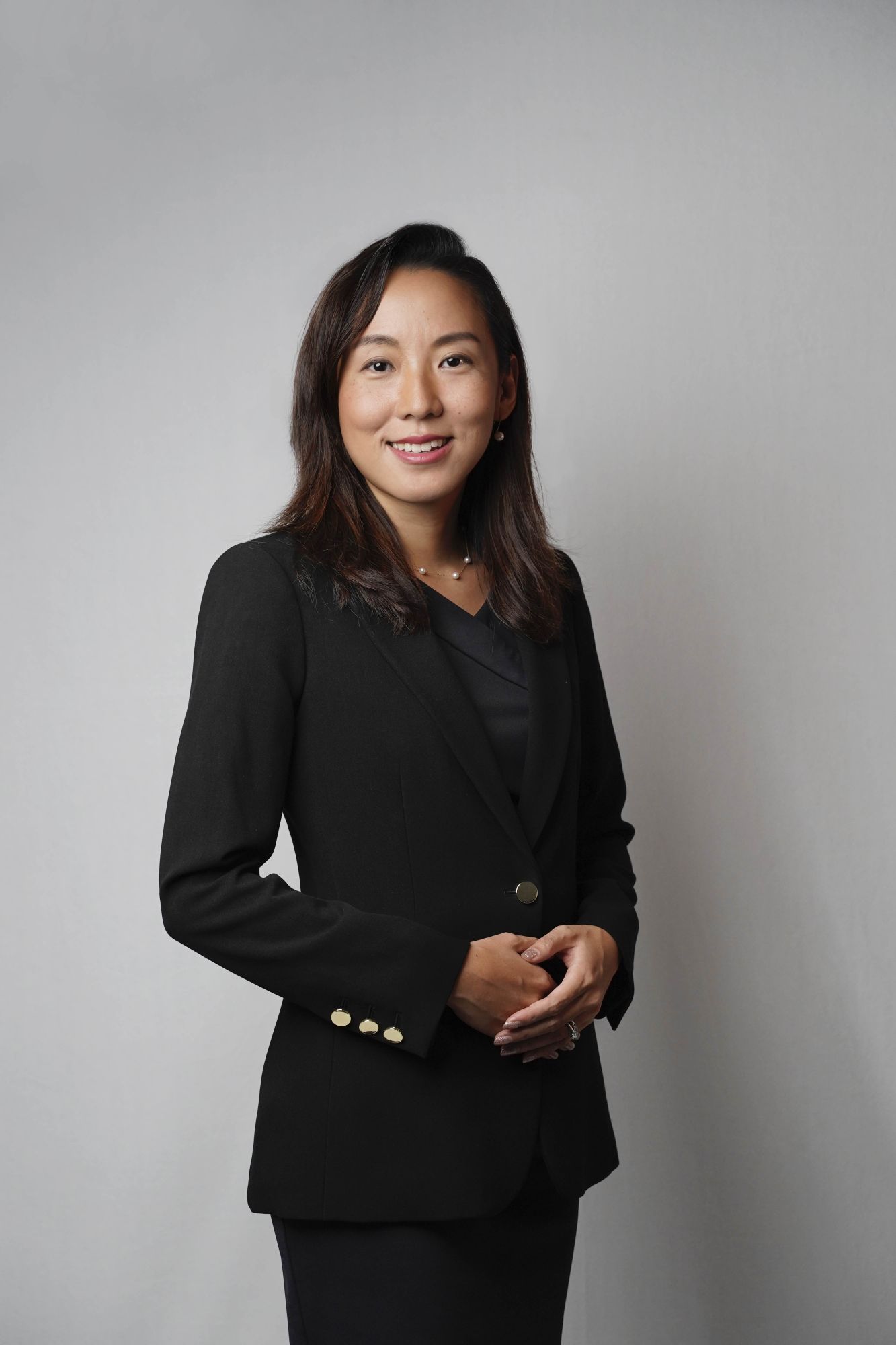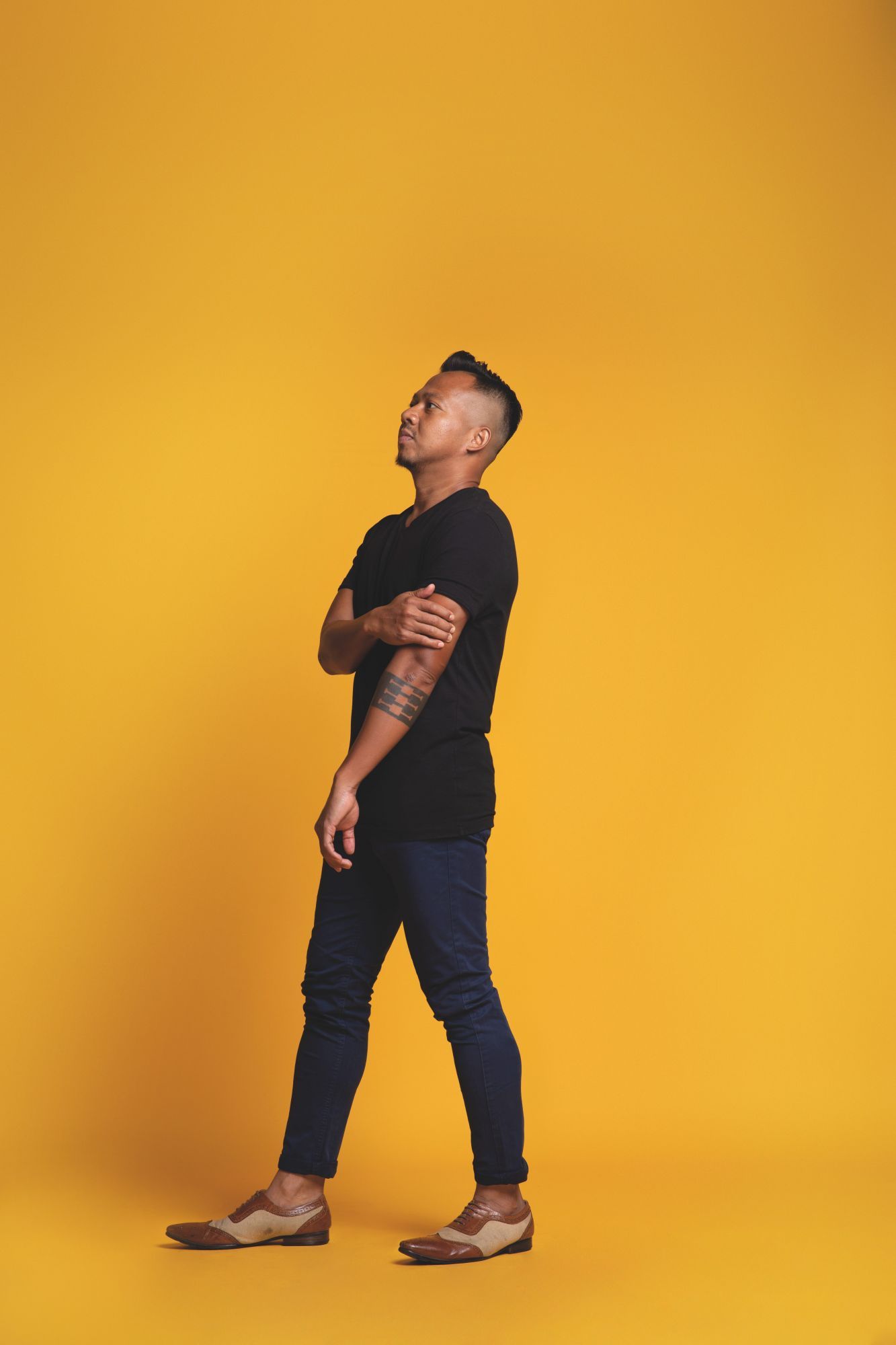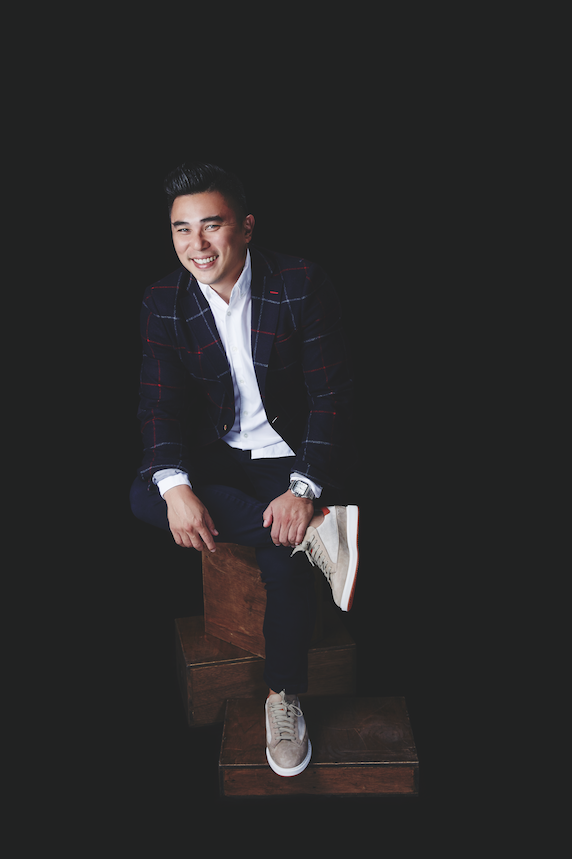Last year was challenging for all of us. But as we head into 2021, take inspiration from the lessons and key takeaways four Gen.T honourees took from 2020
This past year was defined by the coronavirus and its deadly consequences around the world. The pandemic changed our way of life as we knew it, upending travel norms, sending the stock market crashing and causing countless business closures.
Given that 2020 was a year full of personal and professional challenges for all of us, we decided to talk to four honourees, in industries spanning from science to retail, to find out what these tough challenges taught them and how their experiences have changed their outlook and approach to 2021.
From opening a new sustainable bar in the midst of the coronavirus lockdowns to having a baby in such uncertain times, here are four honourees’ lessons from the exhausting year of 2020.
Juliana Chan

The founder and CEO of Wildtype Media Group, internationally respected scientist Juliana Chan is revolutionising the science communications industry with her magazine Asian Scientist.
Reframe a negative to a positive
I was thrilled to be accepted to the World Economic Forum’s executive education course at Harvard University’s Kennedy School of Government. The best part? It was 100 percent sponsored, which meant that the international competition was fierce for 50-60 spots each year.
Unfortunately, the course was canceled due to Covid-19. It was a big blow to me as I had waited for years for my young children to get older so that I could travel to the US for long periods. (I can no longer reapply for the course as my tenure as a Young Global Leader has almost run out.)
I had to reframe my point of view in this situation: I was able to spend more time with my family, stay safe from Covid-19, and develop myself in other areas. For example, I invested more time on LinkedIn and I was pleasantly surprised to be placed on the LinkedIn Top Voices of Singapore 2020 list, with Prime Minister Lee Hsien Loong.
In 2021, I’m aware that we can't entirely control what happens to us in life and work, or reverse unforeseen circumstances. But we can control how we perceive them. Self-determination is the personal decision to do something or think in a certain way. I think 2020 taught me a tough lesson on finding silver linings in disappointments.
Better prepared than not
Before the pandemic I was an active member of the local conference industry: as a publisher we exhibited our magazines and I regularly moderated industry panels. However, all of that ground to a halt in early 2020 and I assumed the worst for my media business.
I immediately started conducting daily huddles with my senior management. We decided to pivot quickly from a brick-and-mortar company (print magazines, conferences) to a virtual company (Zoom webinars, video programming).
We hired a video team from scratch and moved to a new office with an in-house production studio. It turned out that our fears were unnecessary. Because of our determination to survive as a company, we worked ridiculously hard and experienced an uptick in new clients. As a result, our company doubled in size last year.
In 2021, I don’t think we are out of the woods yet, and I would never take anything for granted. I plan to spend more time mentoring and coaching my junior teammates to embrace whatever uncertainty lies ahead. If another crisis should appear this year, we plan on being prepared for it.
See also: Meet The Woman Fixing Science's Glaring Gender Inequality Problem


